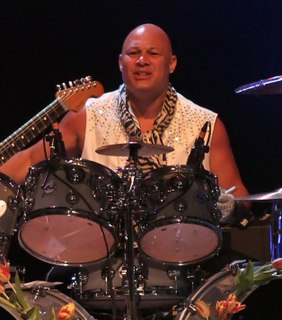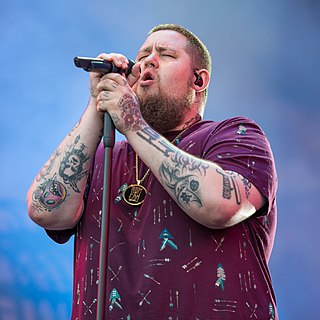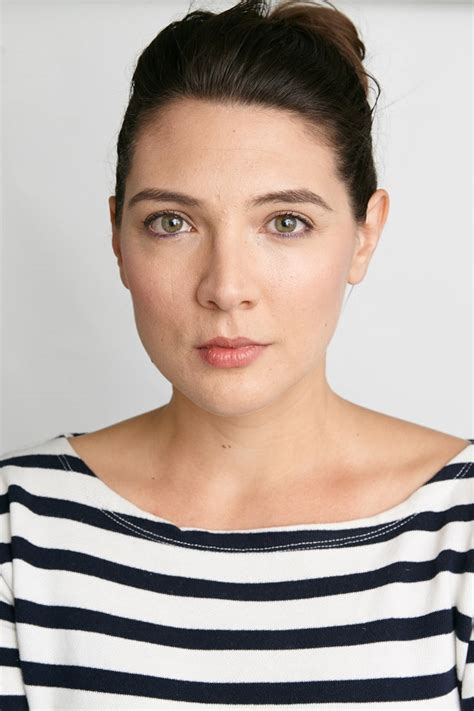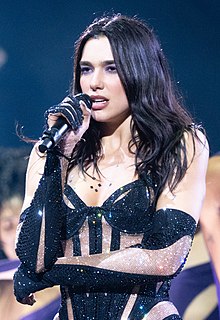A Quote by G-Eazy
I didn't grow up around all white people; I never wanted to gentrify hip-hop, I've never wanted to speak to an all-white audience.
Related Quotes
I'm a small-time white kid trying to represent hip-hop. If a hip-hop artist comes up and beats me in a battle, who did they beat? A small-town white kid who ain't never been an MC, who ain't never done nothing. Now if an MC comes to battle and they get beat by a small-town white boy, that's MC suicide.
Socially, hip-hop has done more for racial camaraderie in this country than any one thing. 'Cause guys like me, my kids - everyone under 45 either grew up loving hip-hop or hating hip-hop, but everyone under 45 grew up very aware of hip-hop. So when you're a white kid and you're listening to this music and you're being exposed to it every day on MTV, black people become less frightening. This is just a reality. What hip-hop has done bringing people together is enormous.
White people couldn't do black music back in the day because they weren't funky or bad enough. They weren't from the ghettoes, but hip-hop and R&B changed all of that because white kids want to be down with it. They wanted to learn it so they studied the culture. It's kind of a cool thing because we shouldn't be so separate.
































